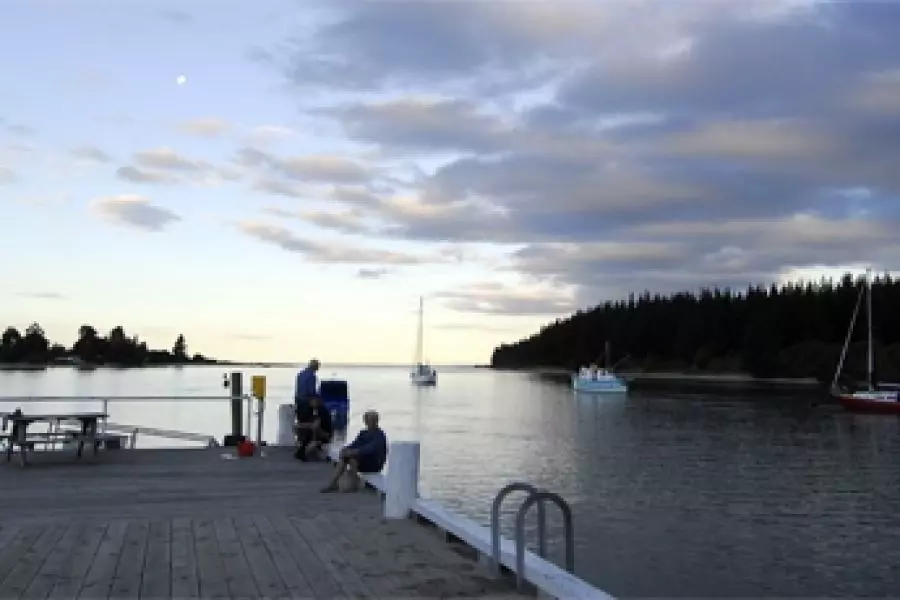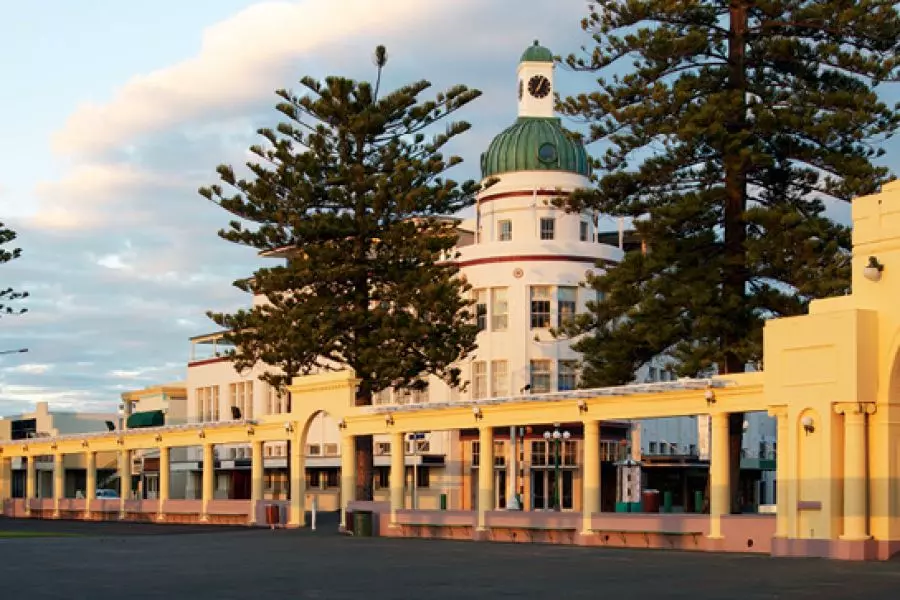News
Nelson values hold firm

Friday 5th of January 2018
Blessed with a temperate climate and low rates of unemployment this is a region that looks set to be increasingly popular. It’s an adventurer’s paradise with three national parks, a thriving arts and culture scene and of course, the renowned beer and wine industry – with more than 10 craft breweries and over 20 boutique wineries.
Port Nelson is the largest fishing port...
Want to read the full article?
Click the button below to subscribe and will have unlimited access to full article and all other articles on the site.
8 min read
10 min read






![[The Wrap] Bye Bye Bayly](https://goodreturns.publit.io/file/c_fill,w_900,h_600/39f23ac1-f7c7-4854-b700-a150004ebbac.webp)


